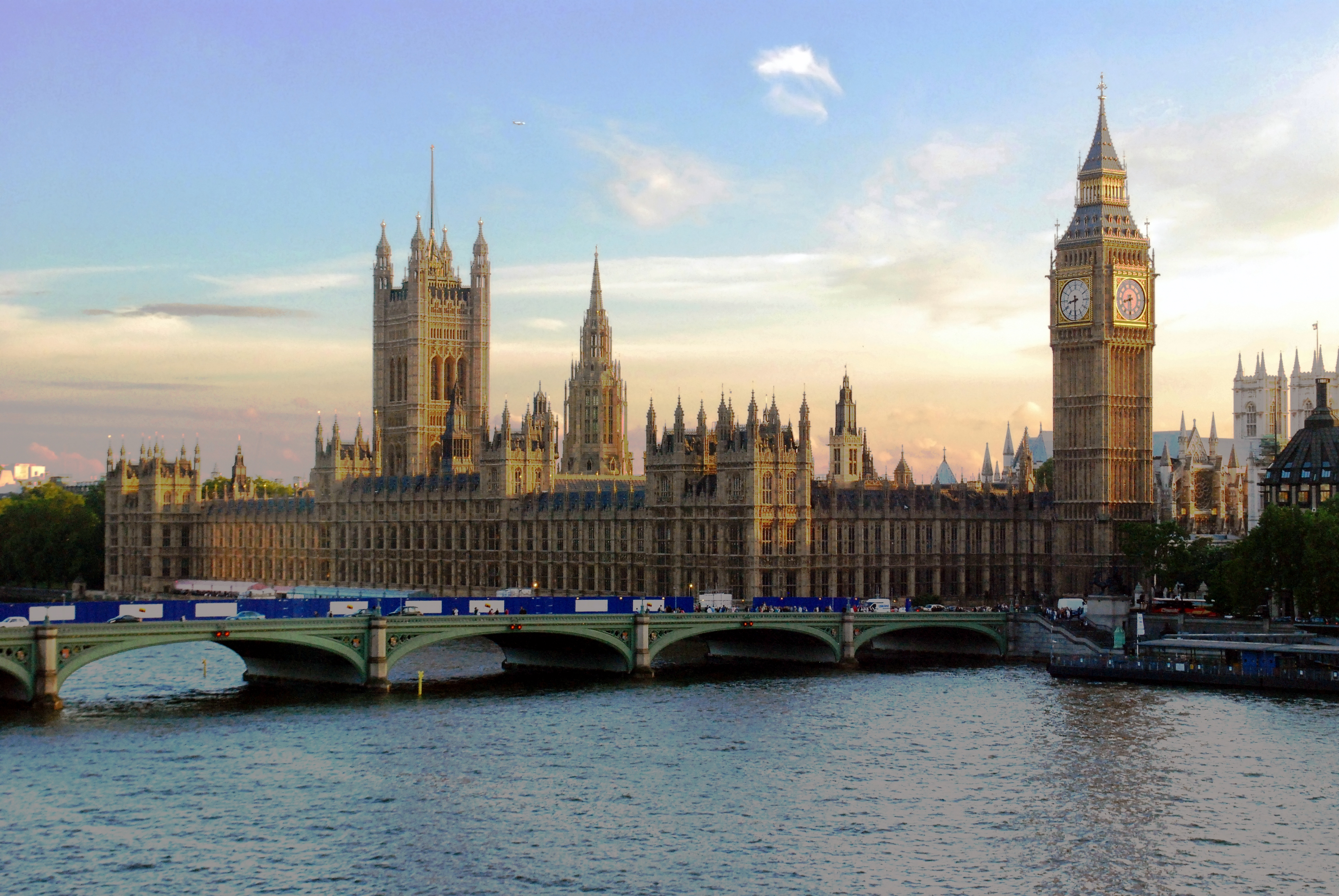Published in 2018, Afua Hirsh’s Brit(ish) reveals the uncomfortable truth about what it means to be a person of colour in Britain today. Both personal and political, Brit(ish) is a memoir and social commentary on race and identity. As the daughter of a black Ghanian woman and a white English man, Hirsh speaks from first-hand experience about what it means to be British at a time when a crisis of cultural identity has led to a resurgence of racism.
In light of the UK’s decision to leave the EU, the question of identity and belonging has been brought to the fore of many people’s minds, with minority communities suffering a renewed sense of discrimination and prejudice. Covering topics from heritage, geography, class, and ‘the new black’, Brit(ish) provides us with a relevant and important lesson in identity in contemporary British society. Daina Evans of the Financial Times heralds Hirsh’s work as a “fierce, thought-provoking and fervent take on the most urgent questions facing us today”.
Despite being a British citizen, Hirsh recalls the implicit racism that has followed her throughout her childhood, education, and career. The question “where are you from?” has followed her throughout her life, forcing her to assess and explain her heritage and identity. Hirsch writes about her experience as a student at Oxford University, being constantly questioned about her status while white students were unchallenged.
Both hard-hitting and poignant, Brit(ish) emerges at a crucial moment in British history. Hirsh writes about the discrepancy between the reality of social attitudes towards Britishness and the idea of “British Values” as fair and inclusive. This idea of inclusivity, according to Hirsch, is also tied up in the widely accepted idea that we “don’t see colour”, silencing the experiences of racial minorities.
Brit(ish) opens up an honest and frank discussion into the problem of race and racism in Britain today. Using her experience as the starting point, Hirsch draws upon the problem of cultural heritage, superiority, and unspoken racism. For anyone interested in the topic of British identity, and its problems, Brit(ish) is an engaging and thought-provoking read.


